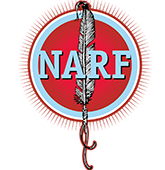NCJFCJ Releases Indian Child Welfare Act Judicial Benchbook
The National Council of Juvenile and Family Court Judges (NCJFCJ) has announced the release of the Indian Child Welfare Act Judicial Benchbook to improve court practice for judges in handling Indian Child Welfare Act (ICWA) cases.
